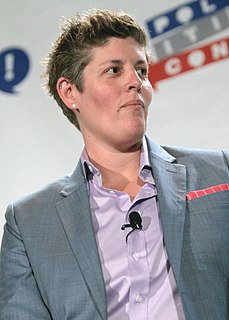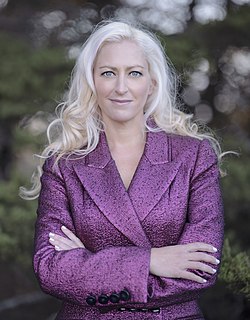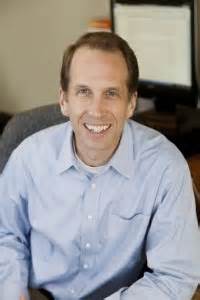A Quote by Antonio Guterres
As a global society, we have the technology, resources and the know-how to make a massive difference to living standards everywhere, including for refugees.
Related Quotes
Wireless is the largest information, communication, and technology platform in history, and mobile broadband is transforming how we can deliver educational materials and experiences to all students. The technology now exists to support learning on a massive scale and advance the 21st century skills needed to compete in the global economy.
Before information age, living standards basically were flat. Since then, they've been growing 2 percent a year were about 30 times richer. So technology, machines is really, you know, arguably the most important thing that's happened to humanity in terms of our living standards. You could look to the introduction of digital computers in the 1950s.
The great challenge of the 21st century is to provide good standards of living for 7 billion people without depleting the earth's resources or running up massive levels of public debt. To achieve this, government and business alike will need to find new models of growth that are in both environmental and economic balance.
In the future, I think it's pretty plausible that collective intelligence tools and skills will be important in order to be a part of global dialog, global business, and global creativity. People who know how to negotiate collective intelligence networks are going to be in a good position to contribute to global society.
Economists use the word consume to mean "utilize economic goods," but the Shorter Oxford Dictionary's definition is more appropriate to ecologists: "To make away with or destroy; to waste or to squander; to use up." The economies that cater to the global consumer society are responsible for the lion's share of the damage that humans have inflicted on common global resources.
We know by now that if we make technology the predestined force in our lives, man will walk to the measure of its demands. We know how leveling that influence can be, how easy it is to computerize man and make him a servile thing in a vast industrial complex. . . . This means we must subject the machine - technology - to control and cease despoiling the earth and filling people with goodies merely to make money.
Where I did feel a difference is learning to just work in a different way so that your resources are not completely depleted so that you don't have anything to give to your child when you go home, and fortunately I've been working long enough that I know how to make that shift so that I don't compromise my work or compromise my relationships; not compromising parenting is really the biggest difference.


































